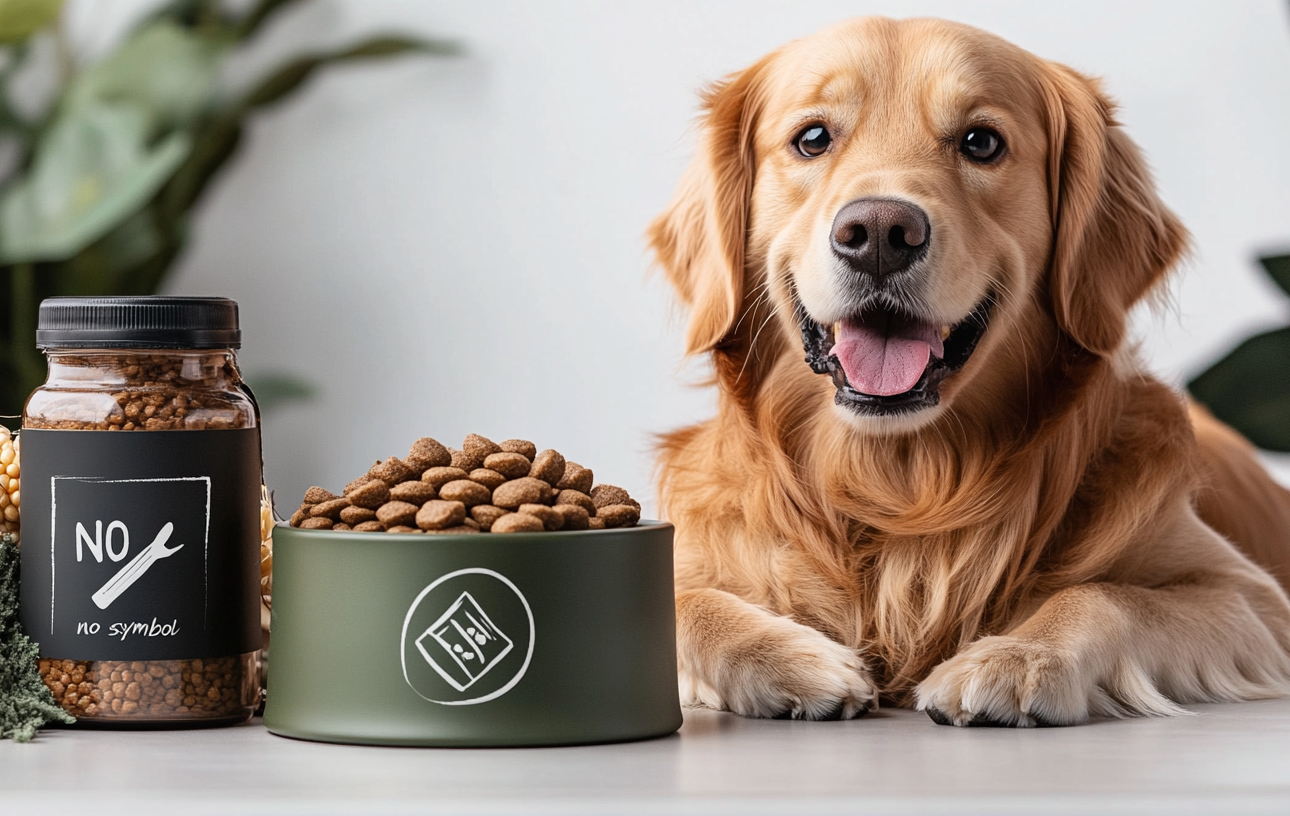Choosing the right food for your pet isn’t just about flavors or brands. It’s about understanding what goes into the bowl. Unfortunately, many commercial pet foods still contain ingredients that can harm your pet’s health in the long run. Here are 5 common pet food ingredients you should avoid to ensure your furry friend stays healthy, happy, and full of life.
1. Meat By-Products & Meat Meal
While it may sound like a protein-rich ingredient, meat by-products refer to low-quality parts like organs, beaks, and even non-meat scraps not intended for human consumption. These are often sourced from unknown animals, leading to concerns about contamination and nutritional inconsistency. Instead, look for foods with clearly named proteins like “chicken,” “beef,” or “salmon” as the first ingredient.
2. Artificial Preservatives (BHA, BHT, Ethoxyquin)
To extend shelf life, many pet foods use chemical preservatives such as BHA (Butylated Hydroxyanisole), BHT (Butylated Hydroxytoluene), and Ethoxyquin. These additives have been linked to serious health risks including cancer, kidney damage, and liver problems. Opt for products using natural preservatives like tocopherols (Vitamin E) or rosemary extract.
3. Artificial Colors & Flavors
Pets don’t care about the color of their kibble. However, some manufacturers add artificial dyes (Red 40, Yellow 5, Blue 2) and synthetic flavor enhancers to make food more appealing to humans. These additives have no nutritional benefit and can trigger allergies, hyperactivity, and digestive issues in pets. Choose foods free from artificial colors and opt for natural flavors derived from real meat or vegetables.
4. Corn, Wheat, and Soy Fillers
While grains themselves are not inherently bad, corn, wheat, and soy are often used as cheap fillers rather than valuable nutrients. These ingredients are common allergens and can contribute to digestive upset, skin problems, and weight gain in sensitive pets. High-quality pet foods prioritize whole grains (like brown rice or oats) or go grain-free with more digestible alternatives.
5. Rendered Animal Fats from Unknown Sources
Animal fat is used to enhance taste but can be problematic if the source is unspecified (e.g., “animal fat” without naming the animal). This vagueness raises concerns about quality control and contamination. Prefer products that specify the fat source, such as “chicken fat” or “salmon oil”, which are safer and provide beneficial fatty acids.
✅ Conclusion
Your pet’s health begins with what they eat every day. By avoiding these common harmful ingredients, you can greatly reduce the risk of allergies, obesity, and chronic diseases. Always read labels carefully and choose foods that prioritize transparency, quality, and natural ingredients. A healthier diet means a longer, happier life for your beloved companion.


